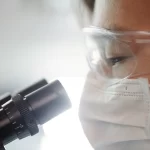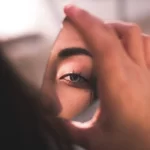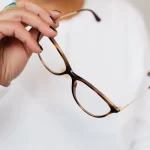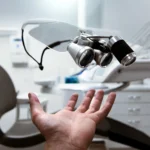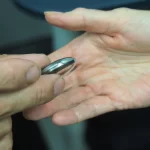Age-Related Macular Degeneration (AMD) is a prevalent ailment, typically affecting individuals aged 50 and above, characterized by progressive central vision loss. This is primarily due to damage inflicted on the macula, a key component of the eye’s retina, pivotal for tasks like reading, driving, face recognition and more. AMD, with its worldwide impact on millions, hampers daily activities and is categorized into dry and wet forms. Dry AMD, the more prevalent type, involves a slow degeneration of the macula, whereas wet AMD, though rarer, is more severe due to abnormal blood vessel growth under the retina.
Top-Notch Therapies for Combating Macular Degeneration
Related Topics (Sponsored Ads):
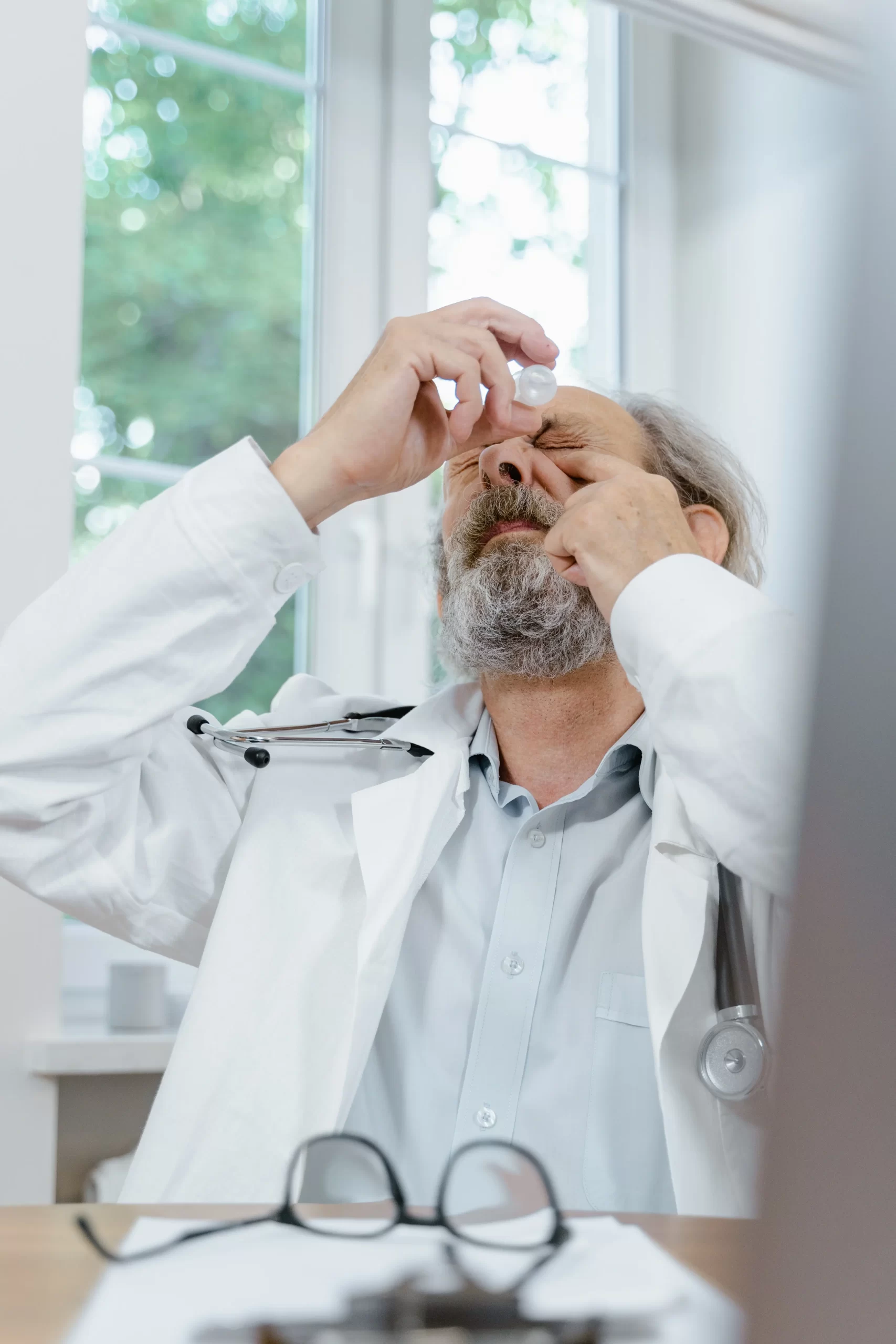
As of now, a cure for AMD isn’t available, but several effective treatments exist to manage the symptoms and stall further disease progression.
Here are six of the best treatments for AMD.
-
Anti-VEGF Injections
While the prospect of injections may be daunting, they’re deemed as one of the most effective solutions for wet AMD. Anti-vascular endothelial growth factor (VEGF) is the injection typically used by ophthalmologists. This drug hosts a unique eye protein that restricts harmful blood vessel growth, fostering the development of healthier vessels. This promotes improved vision and slows the degeneration. Known under various names like Lucentis, Eylea, and Avastin, these injections are administered by an ophthalmologist with minimal discomfort due to a local anaesthetic and require a brief resting period post-procedure.
-
Laser Therapy
Considerably less invasive than injections, laser therapy, or photodynamic therapy (PDT), is another effective AMD treatment. It involves using a high-energy laser to eliminate abnormal blood vessels beneath the retina. The PDT process begins by introducing a light-sensitive drug into the bloodstream which is then absorbed by these abnormal vessels. A laser is then utilized to activate the drug, leading to the closure and deterioration of these vessels.
-
Lifestyle Modifications
Managing AMD or reducing its risk can be achieved through lifestyle changes and healthier decisions, such as adopting a nutritious diet, regular exercise, smoking cessation, and UV light protection for the eyes. A diet rich in leafy greens, fish, and nuts supplies essential vitamins and minerals for eye health. Regular exercise can help maintain a healthy weight and decrease the risk of conditions like diabetes, a significant contributor to AMD. Quitting smoking can reduce the AMD risk by up to 50%, and shielding eyes from the sun’s damaging UV rays is also highly recommended.
-
Dietary Supplements
Certain supplements have been found beneficial in slowing AMD progression and improving vision, including:
– Vitamin C
– Vitamin E
– Zinc
– Copper
– Lutein
– Zeaxanthin
These can be acquired through multivitamins or individually, but always consult your doctor before starting any supplement regime, as certain combinations might not be suitable for you, particularly if you’re on medication.
-
Low Vision Aids
Low vision aids, such as magnifying glasses, handheld magnifiers, telescopes, and electronic devices, can greatly enhance the quality of life for those with AMD. Although they don’t treat the condition, these aids can help with tasks like writing, typing, and watching TV. These aids are often prescribed by a low vision specialist.
-
Surgery
Though not commonly required for AMD, surgery can be a game-changer in severe cases. For instance, in the event of a macular hole, a procedure known as a Vitrectomy is the only way to repair it and restore vision. During this procedure, the surgeon removes the vitreous, a gel-like substance in the eye, and then uses a gas bubble to push the macula against the retina, facilitating the hole’s closure. Recovery and aftercare can take several days, but the results can be life-changing.
In conclusion
Vision loss due to AMD or any other eye condition is a serious matter. If you suspect you have AMD or are experiencing some form of vision loss, it’s crucial to consult an eye doctor promptly. Early detection and treatment can greatly help preserve your vision, prevent further vision loss, and enhance your daily quality of life.


